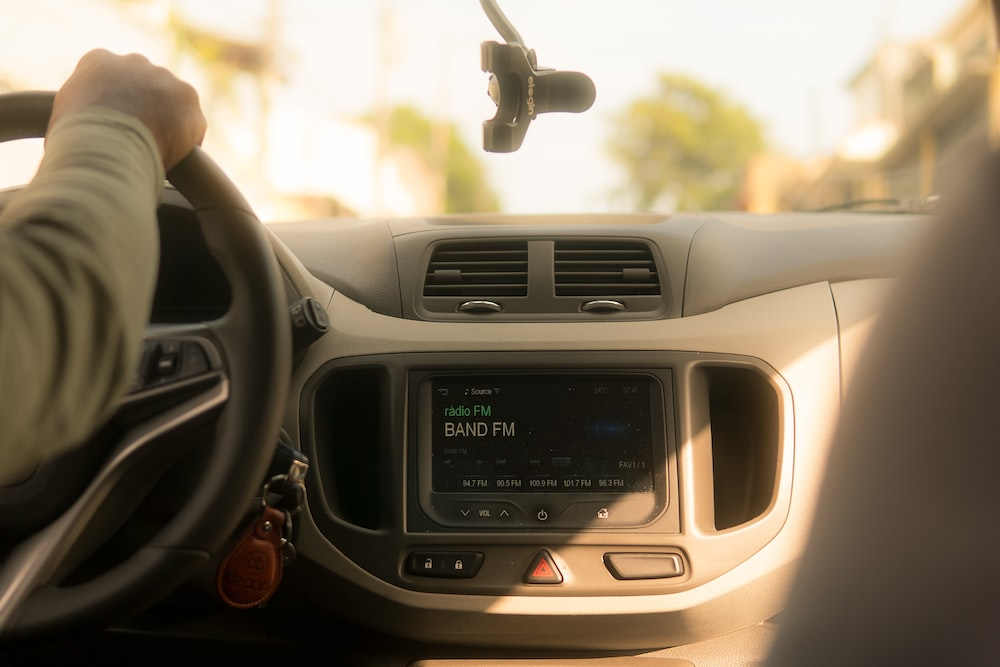Being pulled over for a traffic offense could lead to a license suspension, requiring you to carry SR-22 in Oregon auto insurance. The type of auto insurance you need depends on your current driving record. You can get a standard insurance policy if you’ve had no tickets or at-fault accidents in years. But when multiple or repeat violations or a DUI are on your record, you’ll need a high-risk SR-22 filing endorsed to your auto policy.
Reinstating your license depends on proving that you comply with Oregon SR-22 certificate requirements. You establish your financial responsibility by filing a certificate called SR-22, or Oregon SR-22 insurance, to the DMV. In most cases, filing an SR-22 in Oregon certificate is relatively routine.
Read on to learn more about the license reinstatement process, how to get the necessary coverage, and why people need SR-22 in Oregon.
How Does SR-22 In Oregon Work?
Even though SR-22 is usually described as insurance, it is not an insurance policy. It’s a certificate endorsed to an insurance policy that guarantees valid, current liability insurance that meets state requirements.
When the state suspends your driving privileges, it doesn’t matter whether you own a vehicle or not. You must submit an SR-22 insurance certificate to the state to reinstate your license. Vehicle owners will attach the form to their auto insurance policy, and those who don’t own a car will endorse it to an Oregon non-owner insurance policy.
After the filing, you must maintain continuous coverage with your auto insurer while the state requires it. You’ll find more information on the Oregon DMV website about license suspensions and revocations.
Who Needs It?
As we’ve explained, the state does not require an SR-22 insurance certificate from all drivers. If you don’t want to carry SR-22 insurance in Oregon, keeping a spotless driving record is the best way to avoid it. However, even cautious Oregon drivers are subject to suspension if they accumulate too many points (motor vehicle citations).
Traffic offenses that necessitate SR-22 insurance vary by state. But insurance companies consider drivers who require an SR-22 filing to be “high-risk” drivers. Insurance underwriters will likely increase your rates to account for the higher risk you pose as a “high-risk” driver.
In Oregon, these drivers must typically keep their SR-22 policies active for three years. However, the state may extend the high-risk insurance requirement if the traffic offense is particularly severe or the driver commits another violation while carrying SR-22 insurance.

A single speeding ticket won’t initiate an SR-22 requirement unless it’s part of a pattern. The typical reasons motorists must carry SR-22 insurance in Oregon include the following situations:
- Lack of auto insurance
- Reckless driving
- A conviction for driving under the influence (DUI)
- Unwillingness to take a breathalyzer test
- Violating traffic laws on a routine basis
- Causing an accident in which other parties suffer injury or death
- A court order or legal judgment for non-traffic-related issues
Oregon has strict penalties for drivers who don’t carry their insurance for the specified time, including hefty fines and the suspension of driving privileges.
The state will notify you when it no longer requires you to maintain SR-22 insurance in Oregon. When you receive this notification, inform your auto insurance provider so they can remove it from your policy and reduce your insurance rate.

How To Get SR-22 In Oregon
Do you already have current auto insurance? You should contact your insurance provider to ask about adding an SR-22 to your policy. If they will, your insurance rate may increase, depending on why your license was suspended. If they don’t offer it, you must find a high-risk insurance provider to assist you by filing your SR-22 insurance certificate with the Oregon DMV.
You’ll need a valid auto insurance policy before applying for SR-22 insurance in Oregon. The policy must provide minimum liability insurance coverage, as stipulated by the law in your state. In Oregon, the minimum required insurance covers $25,000 for bodily injury per person, $50,000 for all injuries in a single accident, and $20,000 for property damage.
Vehicle owners can purchase additional coverage options, like collision, comprehensive, or underinsured driver protection. Non-owners need only the minimum state-required coverage.
The cost of your auto insurance policy will increase due to the greater risk you pose to the insurance company. How much your rate increases depends on many underwriting factors. Therefore, comparing rates and policies is wise. UltraCar Insurance is committed to providing low SR-22 rates!

Are you looking for affordable SR-22 insurance in Oregon with no filing fees? UltraCar Insurance is one of the most experienced SR-22 insurance providers in Oregon. Contact us today or start a convenient online quote!

